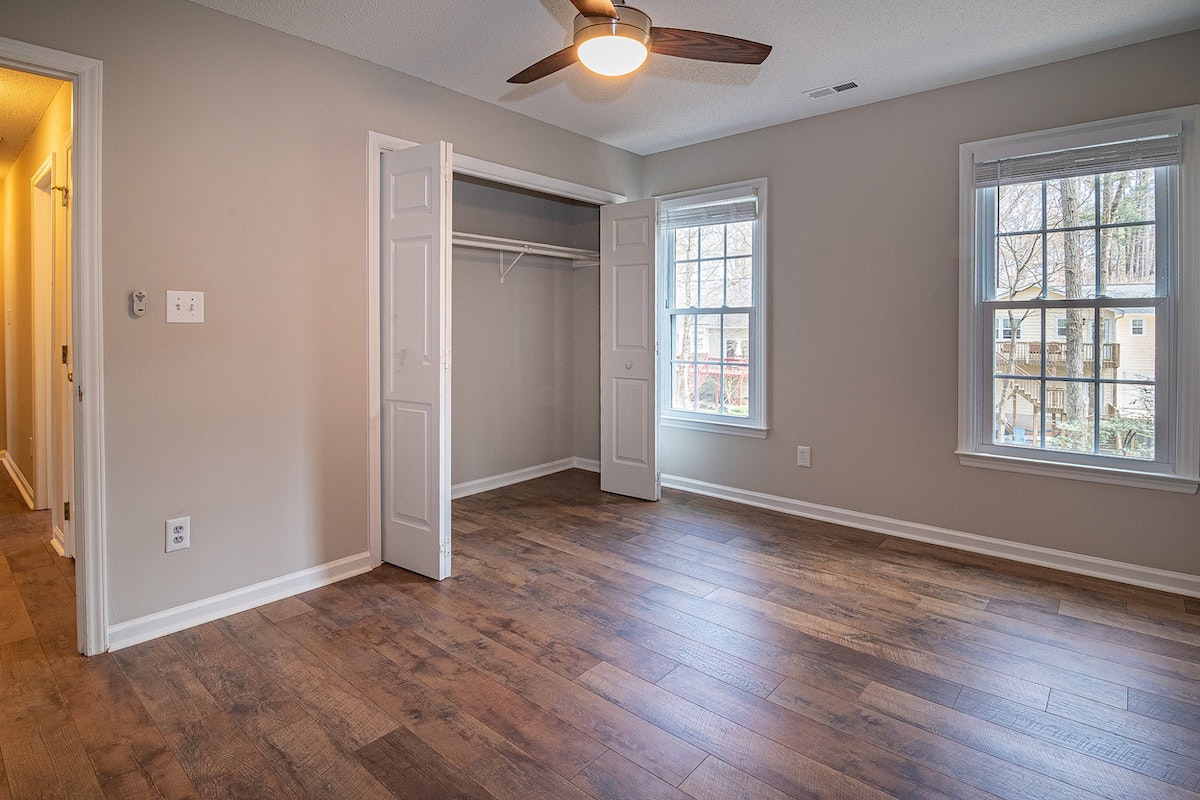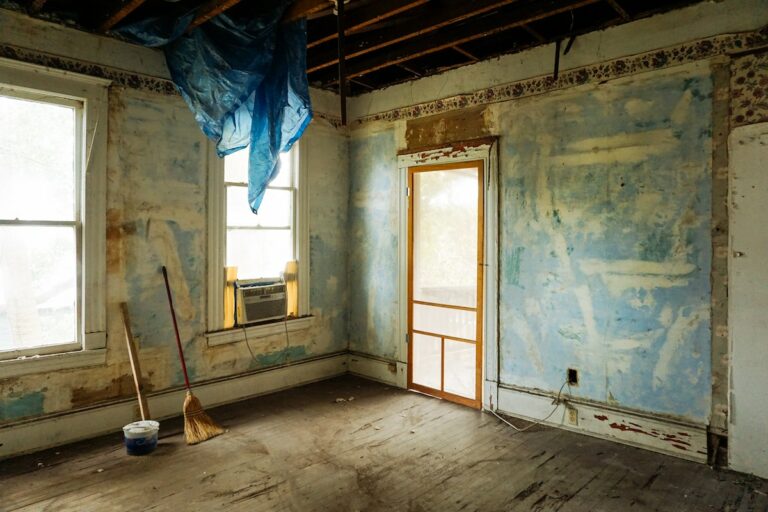In today’s real estate market, homeowners are constantly seeking ways to enhance the value of their homes. With the growing popularity of do-it-yourself (DIY) projects and home improvement TV shows, it’s evident that home renovation is a trend that’s here to stay. This article aims to guide you through the process of maximizing your home renovation value, from assessing your priorities to understanding the intricacies of rent affordability.
Understanding Your Home’s Current Value
What is Your Home Worth?
Your home’s current market value is the foundation of any renovation project. It provides a benchmark against which you can measure the effectiveness and profitability of your improvements. Determining this can be achieved through online valuation tools or professional home appraisers. Websites like Zillow or Redfin offer preliminary estimates based on comparable sales in your area.
The Importance of Knowing Your Home’s Value
Understanding your home’s current value isn’t just about knowing its worth on paper. It’s about recognizing the potential for improvement and identifying areas where investment can yield significant returns.
Assessing Your Priorities
When planning a renovation, it’s crucial to assess your priorities. Ask yourself:
- What is the primary goal of this renovation?
- Is it to improve the home’s aesthetics, functionality, or both?
- Are you renovating to sell or to enhance your living space?
By answering these questions, you’ll align your renovation plans with your long-term goals, ensuring that you get the maximum return on your investment.
Rent Affordability: What Is It and Why Is It Important?

For those considering moving out during a renovation or investing in rental properties, understanding rent affordability is paramount.
Defining Rent Affordability
Rent affordability is the concept that the cost of renting a place should not strain one’s finances. A widely accepted benchmark is that rent should not exceed 30% of one’s gross monthly income. This ensures that tenants can comfortably cover their living expenses without financial distress.
Tips to Maintain Rent Affordability
- Budgeting: Before you start apartment hunting, understand your financial limitations. Create a monthly budget that factors in all your expenses and savings.
- Research: Investigate the average rents in your desired area. Websites such as ApartmentList provide insights into current market rates.
- Negotiate: Don’t hesitate to discuss terms with potential landlords. Sometimes, a simple conversation can lead to a better deal.
Apartment Hunting: The Necessary Documents
If you’re diving into the rental market, being well-prepared can give you an edge. Here’s what you typically need:
- Proof of Income: Usually, the last two or three payslips will suffice.
- Identification: A valid government-issued ID.
- Rental History: Past landlords’ contact details or reference letters.
- Credit Score: A report indicating your creditworthiness.
Remember, different landlords or property managers may have varied requirements, so always confirm before viewing.
The Value of Expert Opinions
Tapping into the knowledge of industry experts can provide invaluable insights. Professionals such as interior designers, architects, and real estate agents have vast experience and can offer advice tailored to your specific needs and market conditions.
Conclusion
Home renovation is more than just about improving a space. It’s about enhancing the value of your investment, ensuring rent affordability, and preparing for the future. With the proper planning, research, and expert advice, you can maximize the value of your renovation, making every dollar count.

